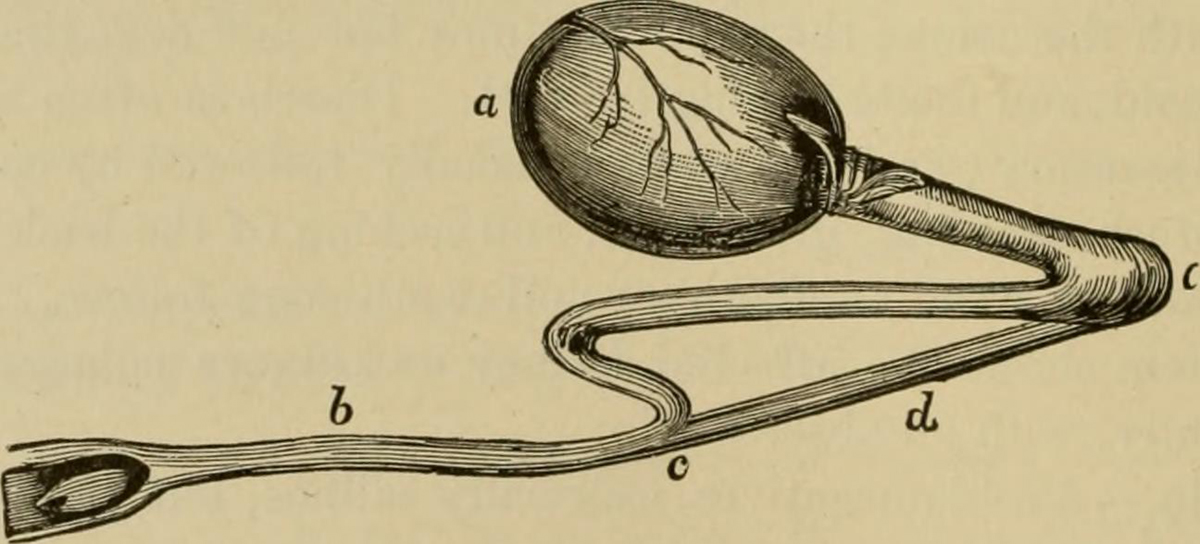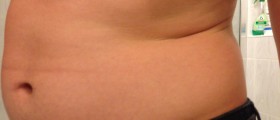
Fluid retention is characterized by accumulation of fluid in the body tissues and can be result of different reasons. Fluid retention or edema may occur as body’s reaction to environmental high temperatures, eating too much salt and hormonal changes related to menstrual cycle. Fluid retention features swelling of the feet, hands and ankles and most of the water is accumulated in the abdomen. Person can experience stiffness in the joints and aching as well as fluctuating weight changes. Fluid retention can be caused by some mild condition or severe illness.
Fluid retention occurs when excess fluid is retained instead of being removed from the body tissues. This excess fluid is normally drained from the tissues and returned to the bloodstream by the lymphatic system which is network of tubes throughout the body.
Fluid retention can be divided into two categories: generalized edema, characterized by swelling throughout the body, and localized edema, which refers to specific parts of the body that are affected. Water intake is vital in fluid retention since it helps elimination of waste products. Also, when sufficient water supply is provided, the body doesn’t have to hold on to excess water to survive.
Common Causes of Fluid RetentionFluid retention may occur due to gravity when prolonged periods of standing cause fluid to accumulate in the lower legs. Hot weather may cause edema because the body less efficiently removes fluid from the tissues due to high temperatures. Burns and sun burns may result in fluid retention because this way the skin reacts to burn injuries. Fluid retention can be often seen in premenstrual syndrome due to changes in hormone levels. Pregnancy can be followed by fluid retention because the body tends to hold onto excess fluid due to rise in levels of certain hormones. Birth control pills can cause fluid retention because these pills include estrogen. Fluid retention may also be the result of use of certain medications as well as insufficient vitamin B1 intake.
Fluid retention can be the sign of some underlying medical condition such as: kidney disease, heart failure, chronic lung disease, liver disease, malignant lymphoedema, thyroid disease, arthritis, and allergic reaction.
Symptoms of Fluid RetentionAs it was mentioned earlier, fluid retention causes swelling of the feet, ankles and hands and the joint stiffness. Unexplained weight fluctuations are present too and there may be rapid weight gain in a matter of few days or weeks. Fluid tends to retain in the skin thus causing it to become stretched and shiny. Also, when pressed, the skin may hold the indent for a few seconds, known as pitting edema. However, the skin may not indent when pressed which is known as non-pitting edema. Breathing difficulties can be present due to pulmonary edema while bloated abdomen is a feature of ascites edema.

















Your thoughts on this
Loading...